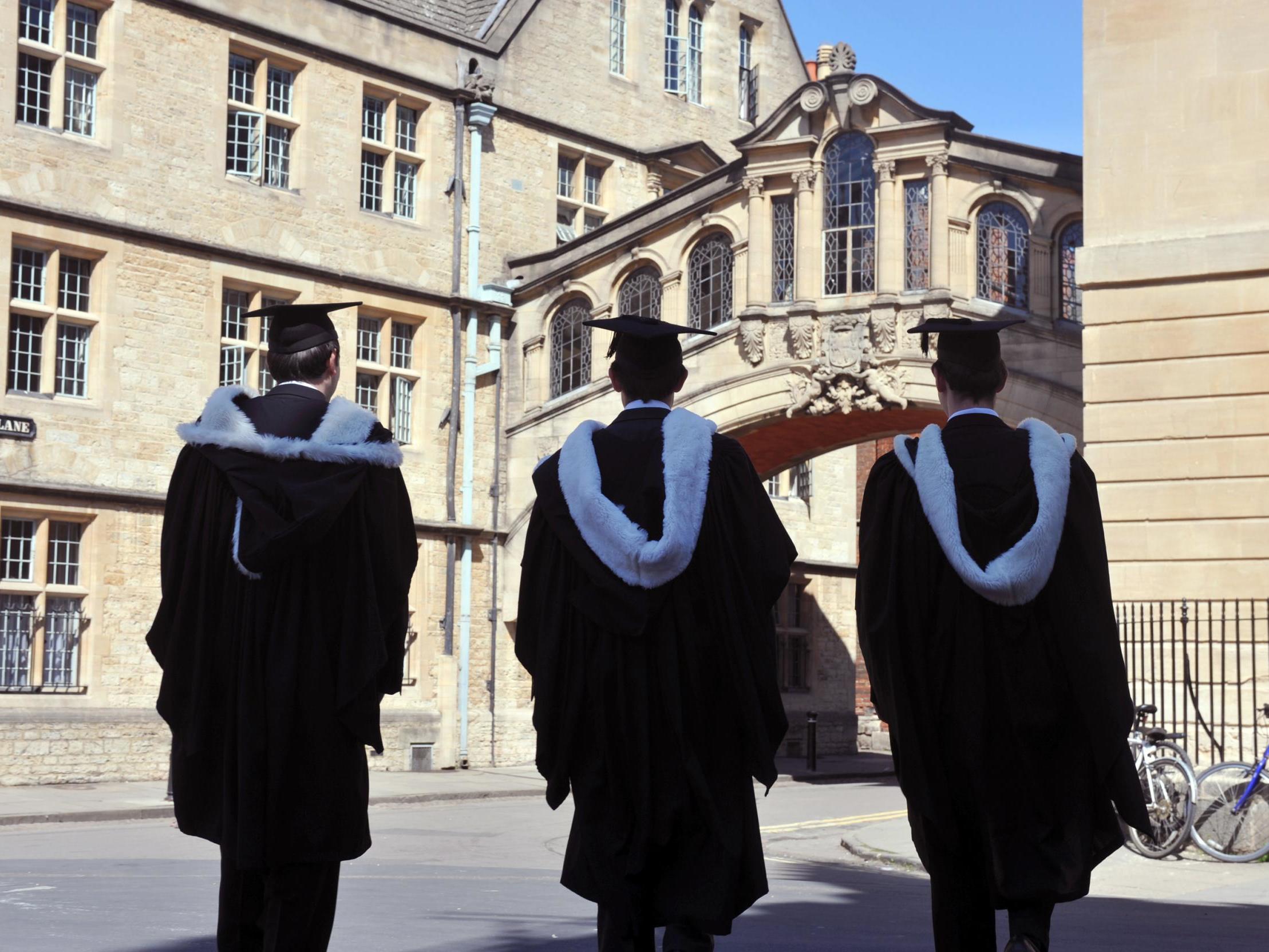Using gagging orders to to keep harassment, discrimination and sexual assault claims quiet is an 'outrage', universities minister warns
The use of NDAs to hide details of unfair practices risks ruining the reputation of the British higher education system, Chris Skidmore to warn

Your support helps us to tell the story
From reproductive rights to climate change to Big Tech, The Independent is on the ground when the story is developing. Whether it's investigating the financials of Elon Musk's pro-Trump PAC or producing our latest documentary, 'The A Word', which shines a light on the American women fighting for reproductive rights, we know how important it is to parse out the facts from the messaging.
At such a critical moment in US history, we need reporters on the ground. Your donation allows us to keep sending journalists to speak to both sides of the story.
The Independent is trusted by Americans across the entire political spectrum. And unlike many other quality news outlets, we choose not to lock Americans out of our reporting and analysis with paywalls. We believe quality journalism should be available to everyone, paid for by those who can afford it.
Your support makes all the difference.Universities must stop spending money on “gagging orders” to keep harassment, discrimination and sexual assault claims quiet, the universities minister will warn.
The use of so-called non-disclosure agreements (NDAs) by universities to silence staff is an "outrage" and risks the reputation of higher education in the country, Chris Skidmore said.
It came after a BBC investigation revealed that universities have spent £87m on pay-offs with ”gagging orders” to keep allegations of bullying, harassment or sexual misconduct quiet over the past two years.
In a speech on Tuesday, Mr Skidmore will tell higher education institutions that NDAs should only be used in appropriate circumstances like protecting valuable research findings.
Speaking at the London School of Economics, he will say: “Our universities are prestigious, world-leading institutions and considered the speakers of truth and bastions of free speech – and yet there have been reports that allegations of harassment, discrimination and sexual assault have been suppressed by some of them.
“Non-disclosure agreements exist for many purposes – such as protecting valuable research findings should a staff member change jobs.
“But in no circumstances should they be used by universities to ‘gag’ staff after experiencing poor behaviour in the workplace, including bullying, discrimination or sexual misconduct.
“Let me be clear that any use of this sort of agreement to silence people or hide details of unfair practices is an outrage and risks bringing the reputation of our world-leading higher education system into disrepute."
Mr Skidmore called on universities to wake up to "real threat" it poses to the reputation of the sector.
A Universities UK (UUK) spokesperson said: “Universities use non-disclosure agreements for many purposes, including the protection of commercially sensitive information related to university research.
“However, we also expect senior leaders to make it clear that the use of confidentiality clauses to prevent victims from speaking out will not be tolerated. All staff and students are entitled to a safe experience at university and all universities have a duty to ensure this outcome.”
The UUK said it will publish guidance for universities on sexual misconduct in the autumn - which will cover the use of ‘confidentiality clauses’.
Join our commenting forum
Join thought-provoking conversations, follow other Independent readers and see their replies
Comments